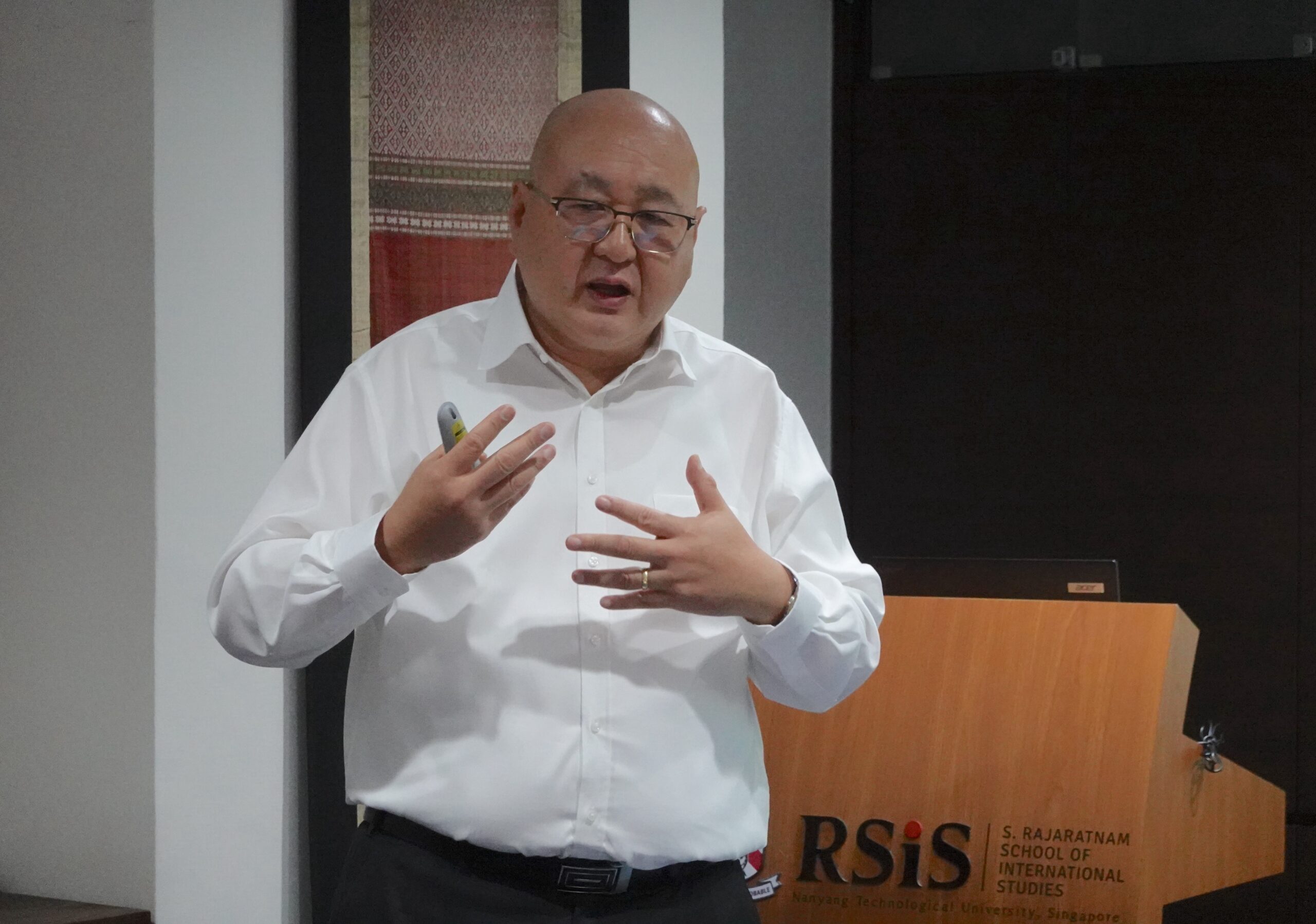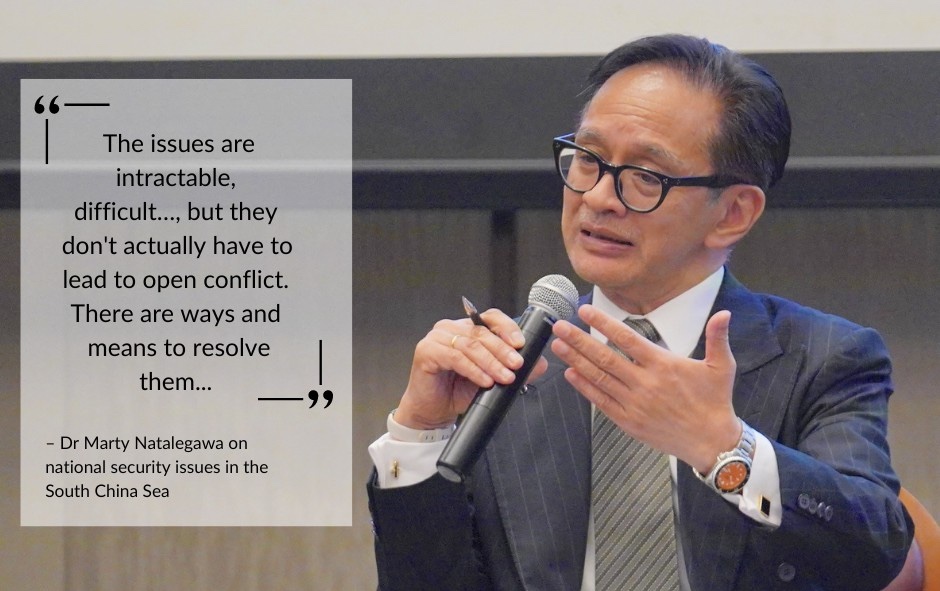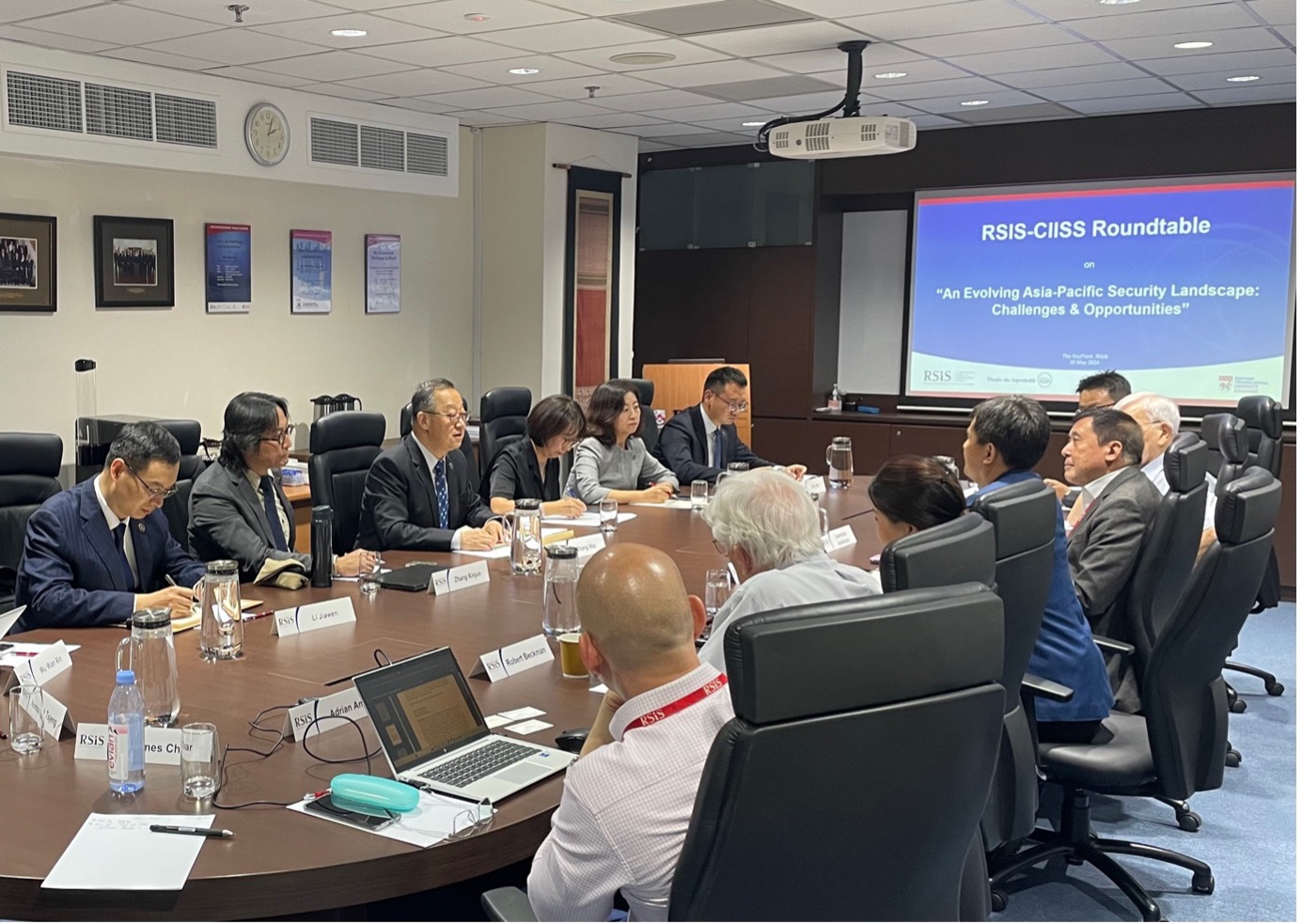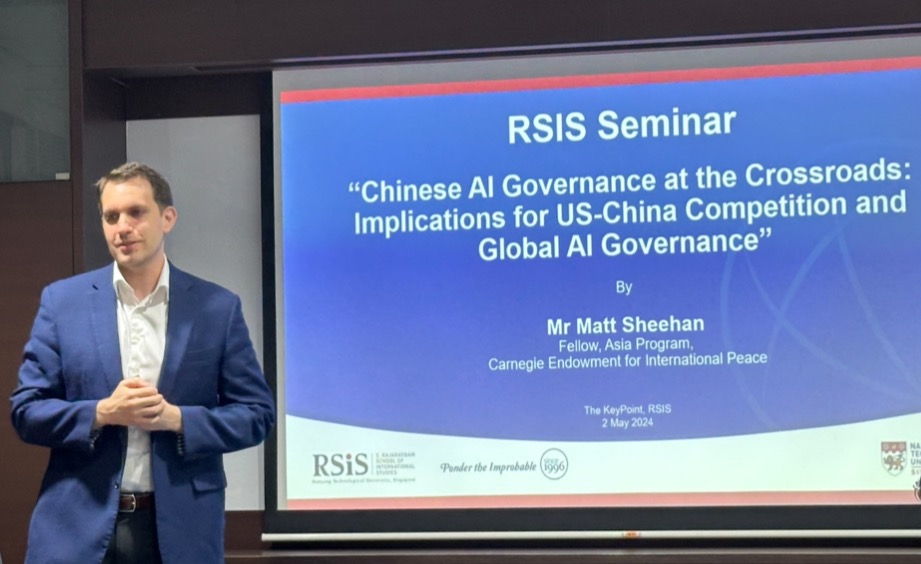

Despite the multitude of explanations for US-China rivalry, the psychological aspect remains relatively understudied. Focusing on this gap, Dr Eugen Koh, a psychiatrist and psychoanalytic psychotherapist, Senior Fellow at the School of Population and Global Health, University of Melbourne; and Visiting Professor, Ritsumeikan University, Kyoto, Japan; presented an intriguing perspective in his seminar titled ‘‘The Psychological Risks of War Between the United States and China’’, which focused on the psychological elements that escalate US-China tensions.
According to Dr Koh, humiliation, fear, and mutual suspicion are psychological risks which can lead to war. These risks exist within the US and China and have collectively influenced the deterioration of relations between both states. Dr Koh’s explanation chiefly centred around humiliation as a powerful emotive force that drives warmongering sentiments of excessive pride and desire for revenge that altogether drive states towards violence and conflict. This humiliation can be based on a distorted view of historical events and past trauma that often exists throughout a state’s long history. Thus, while tensions exist over material factors such as resources and geo-strategic advantages, psychological risks exacerbate and complicate these tensions, consequently leading to threat perceptions and dangerous escalation of tensions. Therefore, Dr Koh’s conceptual argument on psychological risks remains fundamental for studies of US-China tensions.
Dr Koh also proposed a model of escalation that highlights the psychological stages leading to war. Briefly, this model shows how feelings of fear and humiliation drive states from low-level rivalry towards threat perceptions that lead to crises which consequently compound into war. In addition, he also described the mental process of creating enemies through the process of othering and the consequent escalation of threat perceptions that collectively transform rivalry into enmity. Therefore, while the premise of Dr Koh’s seminar initially focused on the US-China rivalry, his theories are conceptually applicable to other international conflicts and explain the reasons for the emergence of war. This makes Dr Eugen Koh’s theories valuable for studies on war and inter-state tension.



















